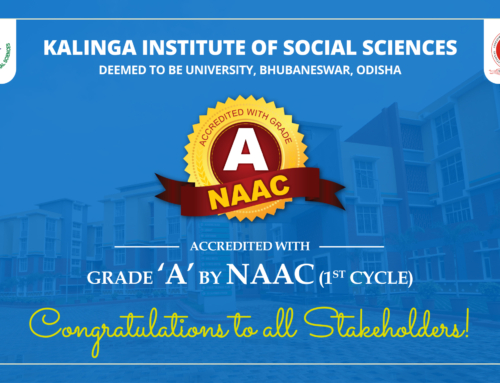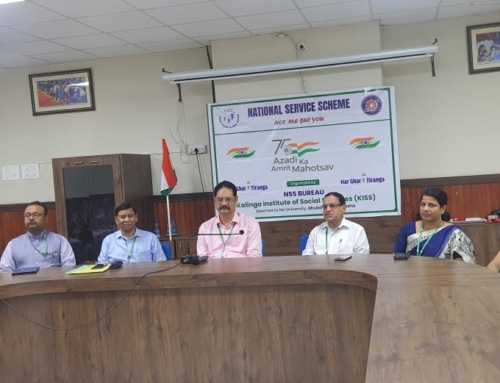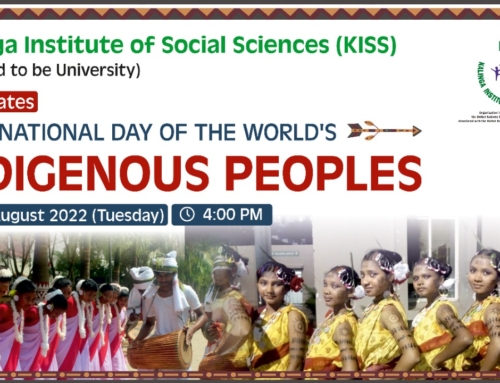Language plays a crucial role in preserving culture in our society and acts as a repository of traditional knowledge, memories, values, practices and unique worldviews that have been used, transformed and practised in the form of language since millennia. Keeping in view its importance and vitality, “KISS’ LANGUAGE CLUB” has been envisioned as part of the student-centric activities under the Centre for Indigenous Languages and Narratives to create a platform where students will draw up a list of language activities by using their respective indigenous tribal languages to make a difference in and for their communities.
Most of the language club basically looking to lead students in classroom activities. However, KISS’ Language Club is slightly different than others.It not only helps our students to overcome stage fear, hesitation, but also helps them to become creative thinkers and speakers using their own indigenous language / dialect. Every year, KISS-DU educates students belonging to more than 20 different tribal language communities with their respective languages. A multicultural, multi-ethnic and multi-lingual mosaic defines the academic ethos of KISS-DU as has been articulated by the vision of the institution. Hence to maintain the cultural diversity of its student body KISS Language Club envisages to:
- Retrieve of archive folk narratives through the agency of students.
- Build up bi-lingual and multilingual competence, involving indigenous languages skills of paraphrasing, translating and transcribing into Odia, Hindi and English.
- Build up students’ translational skills in multilingual set-ups.
- Bring about Inter-ethnic exchange of cultures and languages among tribal students for the purpose of forming a pan-Indian tribal identity.
| Sl. No | Name of the Activity | Skill Enhancement Outcome |
| 1 | Presentation of a self-selected topic on tribal life and problems using one’s own language, followed by a version of the same speech in Odia or English or Hindi. | Removal of diffidence and hesitancy to speak in public, translation skills, eloquence skills |
| 2 | Extempore talk and debate on any local issue using one’s own language, followed by a version of the same speech in Odia or English or Hindi. | Thinking and speaking coherently, discursive strategies of introduction, argumentation, illustration through examples, anecdotes |
| 3 | Group discussion | Skills to persuade, debate, negotiate |
| 6 | Role play | Thinking, Speaking |
| 7 | Mock interview with a native informant | Listening, Thinking, Speaking as needed for Field Work |




